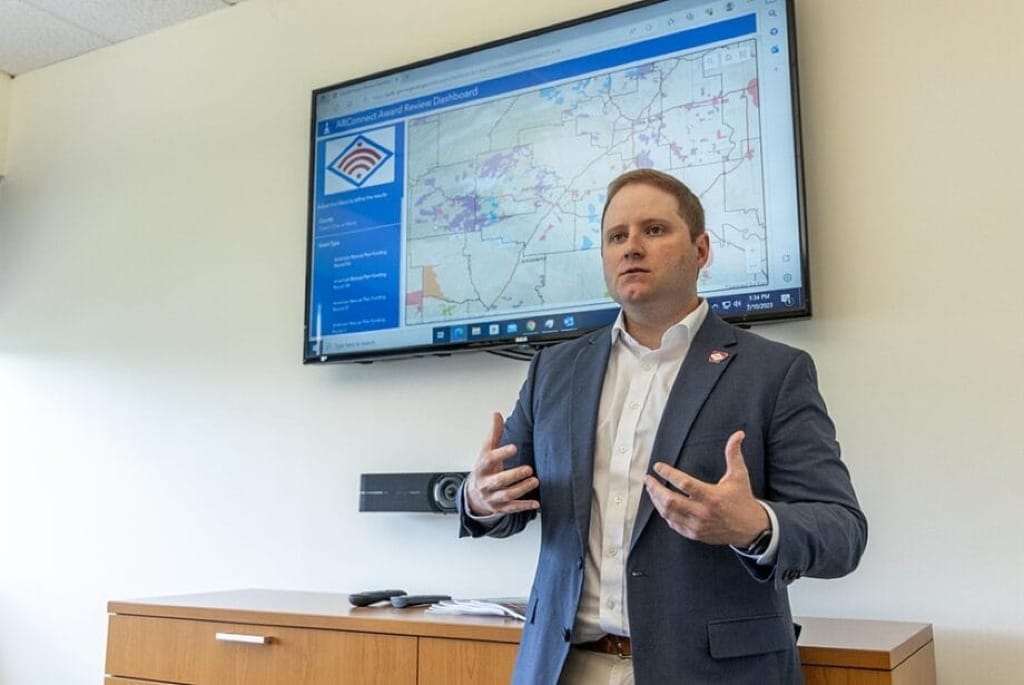Arkansas’ First BEAD Round Sees 98% of Locations Receive Bids
With 96% of applications deemed competitive, Arkansas now moves into adjudication.
Jericho Casper

Jan. 30, 2025 – Arkansas’ first round of applications for broadband expansion under the federal Broadband Equity, Access, and Deployment program saw overwhelming provider participation, with 98% of unserved or underserved locations receiving at least one bid.
According to data released by the Arkansas State Broadband Office, 814 applications were submitted in Tranche-1, with 96% classified as competitive. The state has been allocated $1 billion in BEAD funding to expand broadband access, particularly in rural and underserved areas.
Competition was particularly fierce, with 82% of unserved or underserved locations receiving bids from two or more competing internet service providers. A total of 48 ISPs participated in the process, including 29 in-state providers and 19 out-of-state entrants.
“This hyper-transparent approach led to Arkansas having one of the most robust opening BEAD rounds in the nation,” said Glen Howie, director of the Arkansas State Broadband Office, in a statement to Broadband Breakfast. “We will continue to maintain very close contact with the ISP community over the next couple of weeks prior to the launch of Tranche-2, providing answers to questions and offering continuous technical assistance.”
While participation in Tranche-1 was strong, not every location received multiple bids, and some areas remain unclaimed. As the state enters its scoring and adjudication phase, broadband officials will determine how to handle locations that received no bids.
A second round of applications (Tranche-2) was already scheduled to begin on February 13. To incentivize providers, the state may award additional points to ISPs that pick up locations that did not receive bids in the first round.
“Depending on the analysis of Tranche-1 inputs, we may adjust reference prices upward in Tranche-2, which could create more demand, if needed,” Howie added. Increasing reference prices — the benchmark used to determine funding allocations — could make previously unclaimed locations more attractive to ISPs in the next tranche.
With the scoring and adjudication process underway, Arkansas broadband officials were now evaluating the bids, ensuring providers meet the state’s funding criteria, and determining whether adjustments were needed before launching the next round. Results from Tranche-1 were expected in the coming weeks.









Member discussion